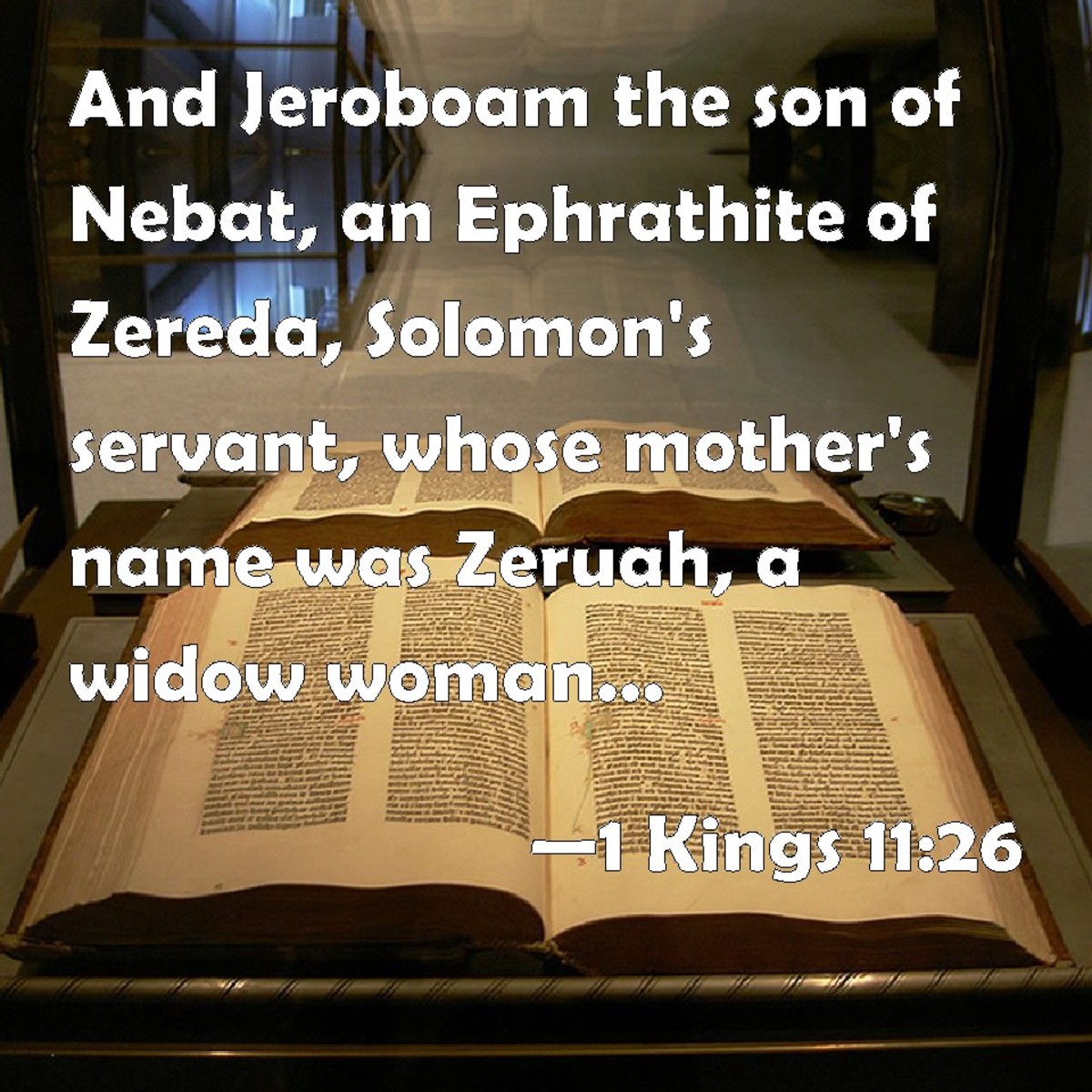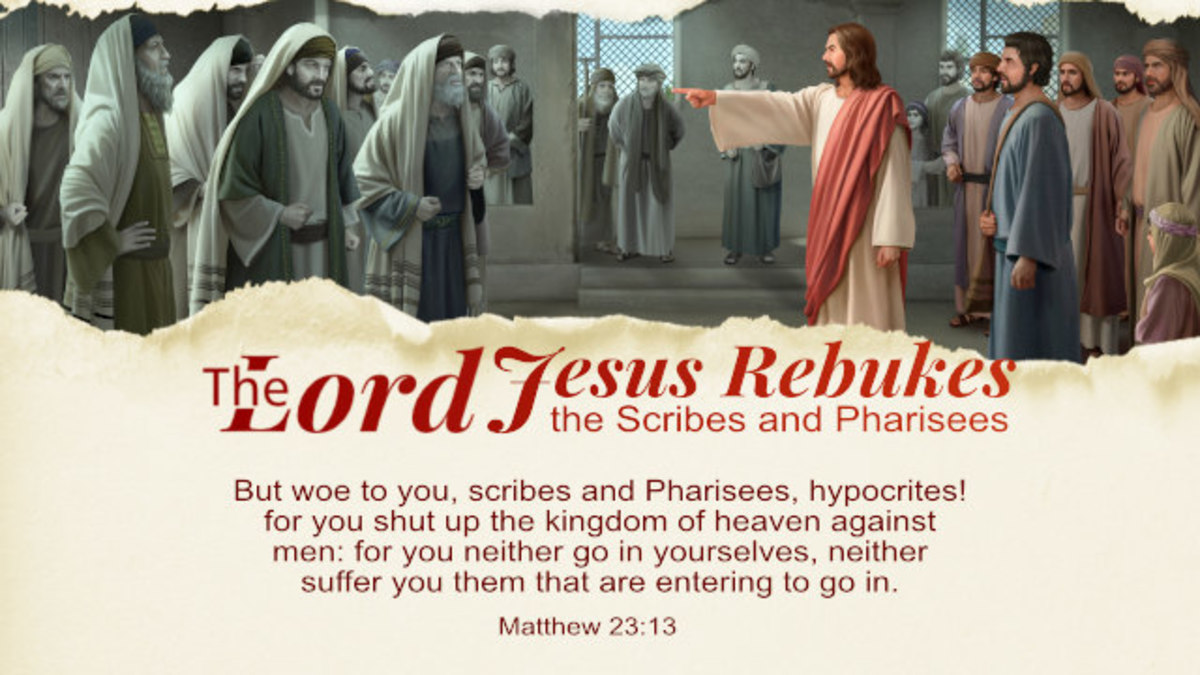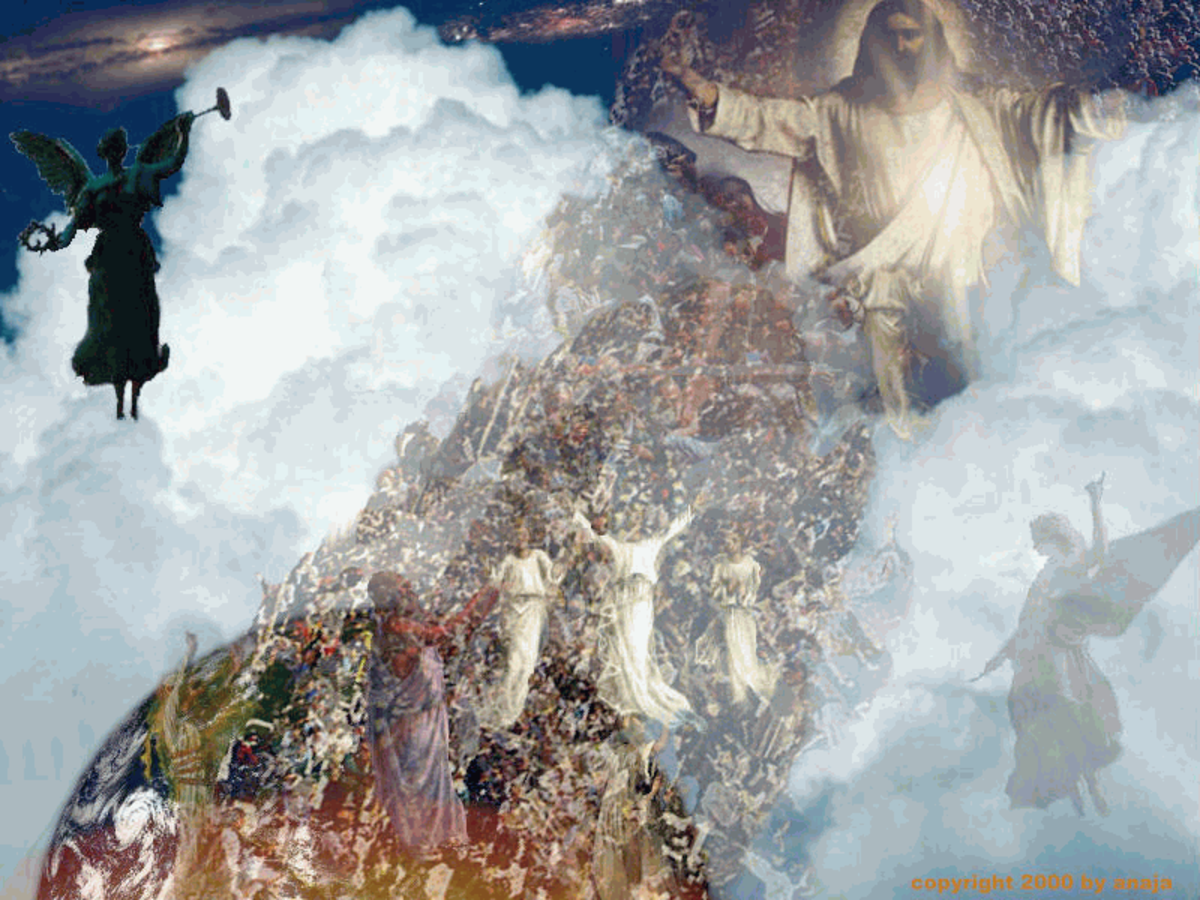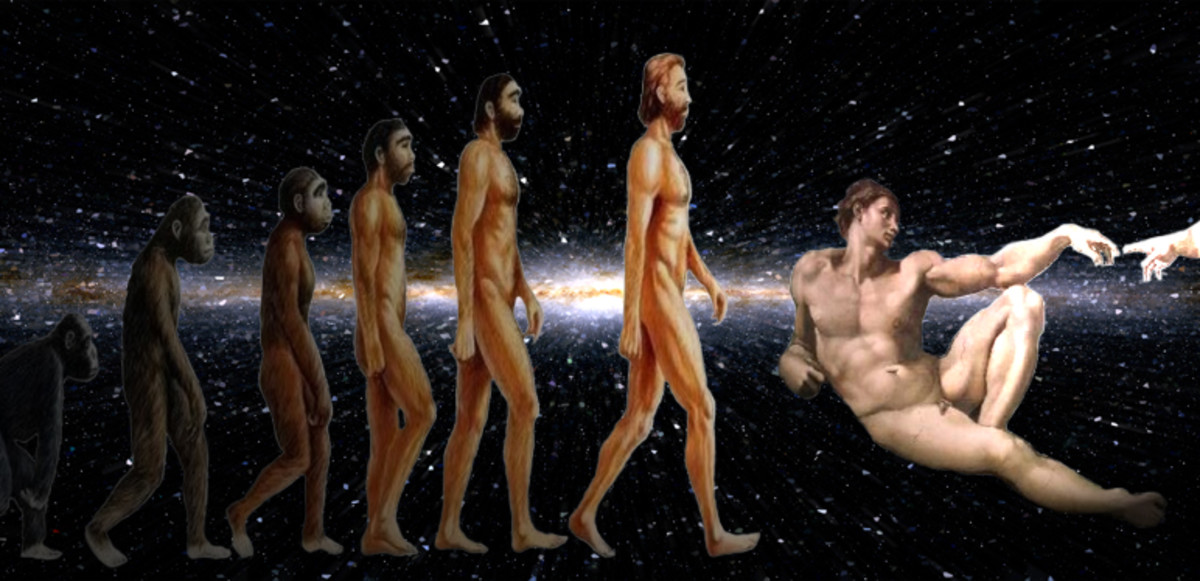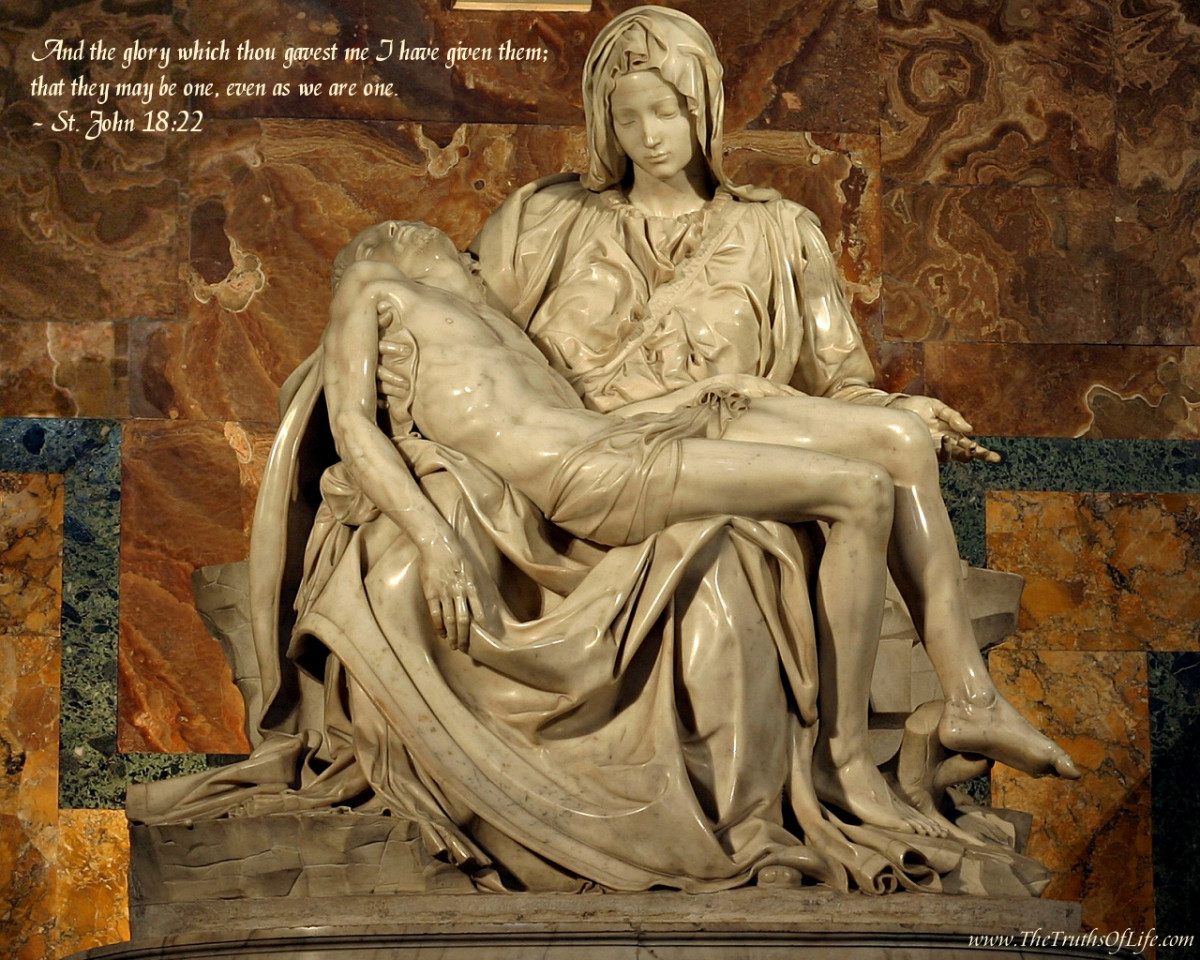The Nature of the Kingdom of God
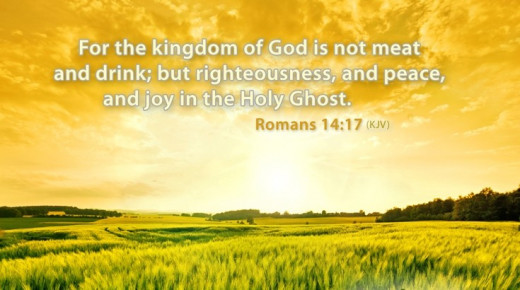
"Giving thanks unto the father, which hath made us meet to be partakers of the inheritance of the saints in light: Who hath delivered us from the power of darkness, and hath translated us into the kingdom of this dear Son:" (Apostle Paul, Colossians 1:12f)
My thoughts, presently, run along the theme of “The Kingdom of God.” Facing us are so many different ideas concerning its nature and/or character that one may easily be left confused. However, that need not be the case; because the Word of God is plain and simple so that a fool, thought he be a way faring man, can not err therein. Far too much philosophizing has been done on the subject of the Kingdom of God and not near enough right dividing (2 Timothy 2:15).
Instead of injecting so many ideas from scholars, so called, the disciple of the Word should permit the Bible to interpret itself; this I will attempt to do, as the Spirit enables me.
In this article I will limit my comments to two aspects of our subject: 1.) The terms – Kingdom of God and Kingdom of Heaven; and, 2) The Unity of the Kingdom of God.
First then, permit me to introduce the two terms: “Kingdom of God,” and “Kingdom of Heaven.” Volumes have been written, and sermons preached, suggesting a difference between the meanings of these two terms. But, is it true? The answer is NO! Not at all! One will find both terms used in the four Gospels and each will reflect the preference of one writer over that of another. Context also helps to understand why one term is used instead of the other. The Jews, for instance, refrained from using the word for God, out of respect and fear of violating Exodus 20:7 (Thou shalt not take the name of the Lord thy God in vain). Therefore, in that Matthew wrote his Gospel for and to the Jews, he elected to use the term “Kingdom of Heaven” to refrain from offending the sensitivities of the Jews. John, on the other hand wrote to and for a Gentile readership who did not share the Jew’s proclivity to the word God; therefore, his term of choice was “Kingdom of God.”
At best, it is poor exegesis to teach a difference between the terms “Kingdom of God” and “Kingdom of Heaven;” at worst, it is wresting the Scriptures to one’s own destruction.
Second, there is some confusion about the unity of the “Kingdom of God.” It is suggested, by many, that the kingdom is divided. The Christians, we are told, are God’s Heavenly people and the Jews are God’s earthly subjects. Further, it is said that a different gospel applies to each. We must ask: What does the Bible say?
To answer this question we may do well to examine Apostle Paul’s writings to the Ephesians: 2:12 -22; and, 3:-9. Paul writes to the gentile Christians at Ephesus and tells them that in the past they were “aliens” (a foreign-born who have not been naturalized) “from the commonwealth” (a body of people politically organized into a state) “of Israel.” As such, they were outside the promises of covenant blessings which belonged only to Israel; therefore, they were without God at that time (see verse 12). Clearly Paul’s meaning is: If not naturalized into the “commonwealth of Israel” one is a “stranger” to the covenants and consequently – Godless.
There is good news in all this: Christ has removed the wall between the Israelite and Gentile by the shedding of His blood (verse 13), making “both one” (verse 14). Jesus has brought both Jew and Gentile INTO Himself (see Galatians 3:27) and produced from the two “one new man;” namely, the body of Christ (see Galatians 3:28f) (see here verse 15). Paul continues to speak of the “one body” in verse 16, which has the “one new man” of verse 15 in view. His point is that both the believing Jew and the believing Gentile are reconciled to God into, and as, one entity.
Those who were “afar off” (Gentiles) received the same gospel message as those who were “near” (Jews) (verse 17). The Gentiles are no longer “aliens” but have been naturalized into the “commonwealth of Israel” and have become “fellowcitizens with the saints.” The “saints” mentioned here are the Hebrew saints that we know from the Old Testament. The Hebrew saints were the ones “near,” they were the “citizens,” but now, through the blood of Christ, the Gentiles have received citizenship and have been placed into the covenants (see verse 19).
The apostle continues to write of the “mystery” which was not known in previous ages, but is now revealed through his preaching (see 3:2-3). The “mystery” of which he speaks is boldly stated in 3:6; namely, ‘that the Gentiles should be fellowheirs, and of the same body, and partakers of his promises in Christ by the gospel.”
Neither time, nor space, would permit me to make comment on those passages which I would. Passages, that would add their weight in proving the complete UNITY of the Kingdom of God; showing that there is no difference in the Church of God and the Israel of God (see Galatians 6:16). I will present, however, for your further study, the following passages that will prove an arsenal for the defense of this great and noble truth.
- Rom 2:28 ~ Here, Paul gives the biblical definition of an elect Jew. The Christian is instructed that Jewishness no longer depends upon one’s natural birth. Circumcision (the rite of passage into the Jewish covenants) is no longer of the flesh but of the spirit. Paul will identify Christian water baptism as the fulfillment of circumcision in his letter to the church at Colosse (see Colossians 2:11,12).
- Rom 3:1 ~ The Apostle shows God to be justified in committing His oracles unto the Jews, because all were not disobedient. We will be told later in this letter to the Romans that God had not rejected the Jews that believed, only those who had rejected Him (Romans chapter 11).
- Rom 4:9 ~ Abraham is the father of all who believe, both Jew and Gentile. Our father Abraham was called before he was circumcised (in uncircumcision). God’s covenant with Abraham (which was consummated at the cross of Christ) was established outside of circumcision. The rite of circumcision was but the sign or seal of the covenant. We are told in this passage, in effect, that salvation in both the Old and New Testaments is by and through faith.
- Rom 8:15 ~ The now-Jew has been adopted into the covenant family of God; therefore, he and she has every right and privilege of a son and or daughter of the Kingdom. Adoption is a legal matter that adds one to the family with all rights pertaining thereto. The adopted is not an “other.” The point to this is that the Church is not an “other;” but is, in point of legal fact, the Jewish family of Abraham!
- Rom 9:6 ~ Being a son of Israel by blood does not make one a true (elect) Israelite. Neither does being a blood descendant of Abraham make one a child of God, only the children of promise: namely, Isaac, not Ishmael; Jacob not Esau. Only the Jews who have believed, and those adopted into believing Israel, belong to the covenants of the Kingdom of God. The point here is: the covenant was with the Israel of promise.
- Rom 9:25 ~ This is a quote from Hosea 2:23 which is a prophecy of Israel’s restoration. Paul (and Peter – 1 Peter 2:10) understood Israel’s restoration to include the salvation of the Gentiles. Therefore, the inclusion of the Gentile believers into the Kingdom is a clear characteristic of Israel’s restoration. James referred to this in Acts 15:15-17 where he spoke of the Gentile influx into the Church as fulfilling the prophecy of Amos concerning the tabernacle of David being rebuilt (see Amos 9:11). The restoration of Israel, then, would have began on the Day of Pentecost 30 A.D..
- Rom 9:27 ~ From the vast number of Jews, only a small number will not stumble at the “rock of offence”. The vast majority of subjects in the restored Jewish economy will be adopted Gentiles who are, in deed, the seed of promise.
- Rom 10:12 ~ In the Kingdom of God there is no difference between the Jew and the Greek (Gentile). The God of the covenants is not an exclusive commodity only for the blood born Jews; but is available to all who believe and call upon His name for salvation.
- Rom 11:1 ~ This chapter is key to understanding God’s dealing with Israel. Here Paul tells us that God had not cast away Israel; the elect of Israel have indeed believed: the elect are the natural olive tree that the Gentile believers are grafted into. Since the tree is Israel, the grafted branches become Israel upon being grafted into the tree, which itself is Israel.
- Rom 15:8 ∼ The Gentiles will be in the Kingdom of the Hebrew Messiah. This indicates that the Throne of David will set over subjects that include non-Jewish nations.
- Rom 15:27. ~ The Gentiles in Macedonia and Achaia had been made partakers of the spiritual blessings belonging to the Jews (Jewish Christians – namely, The Elect); therefore, they were duty bound to reciprocate with their physical provisions.
As you can see, I have confined my references to the book of Romans. The Scriptural proof for the oneness between the Church and the Israel of promise is replete throughout the New Testament. For further study on this topic you may want to consider the following passages from the other epistles: 1 Corinthians 10:11; 2 Corinthians 3:14; Galatians 3:7-18, 24-29; 4:5, 22-31; 6:15-16; Colossians 1:13,20, 27-28; 2:14; 3:11;4:3 compare Ephesians 3:2-9; 2 Timothy 1:3; Hebrews 8:6-13; James 1:1; 1 Peter 1:1; etc.
I trust that these thoughts may prove helpful in establishing the proper understanding of the Kingdom of God. At the least it would be my humble prayer that your faith could not be moved from the truth, by those who would trouble you by teaching that Christ will have a second church made up of the Jews in the last day. There is but one church for the Jews and the Gentile alike.
As I close, once again I pray that the God of all love keep you in His grace.
Apostolically Speaking
☩ Jerry Hayes
Read More From the Bishop on kingdom Theology
- "Malachi's Eucharistic Prophecy"
This article continues the narrative concerning the OT prophet's writing about the church age. This paper reviews the prophet Malachi's prophecy of the universal celebration of the Eucharist. - The Kingdom Teachings of Jesus, Part I
This article begins a series on the Kingdom teachings of Jesus. Here we look to Christ's own words concerning the Messianic Kingdom, its nature and particulars. - The Kingdom Teachings of Jesus, Part II
In this article several passages from the Gospel of Matthew are reviewed in regard to the Kingdom teachings of Christ. Matthew writes to inform his readers that Jesus established the throne of David. - The Kingdom Teachings of Jesus, Part III
Part III of the Kingdom teachings of Jesus looks at Mt 13, called "The Kingdom Chapter." Here, Jesus teaches 7 kingdom parables. The students of ecclesiology, and eschatology can not ignore this ch. - The Kingdom Teachings of Jesus, Part IV (The Coming of the Son of Man)
This 4th in a series of Kingdom Teachings of Jesus examines Mt 16:27-28; in particular the statement concerning some of His hears being alive when He returned with the holy Angels. - Daniel's Kingdom of the Son of Man
Our article deals with the Kingdom of the Son of Man as presented by the prophet Daniel. - The Crux of the Matter (A Kingdom Teaching)
It is amazing how much turns on the interpretation of the word "generation" as used by Jesus in Mt 24:34. In this writing we will explore what Jesus meant by "generation;" the crux of the matter. - Understanding the Question, A Study in Kingdom Theology
The subject matter of this paper is understanding the question, which is the genesis for the Olivet discourse. How may one arrive at the proper answer not understanding the question? - Revelation’s Warnings Of Imminence
We continue our study of Kingdom theology by reviewing Revelation's quadruple warnings of imminent fulfillment. The challenge to futurism is glaring. - The Millennial Reign of Christ
The subject under review in this writing is what is commonly called the “Millennial Reign of Christ.” The word “millennium” means: one thousand. but, is the 1,ooo yrs literal or figurative.



